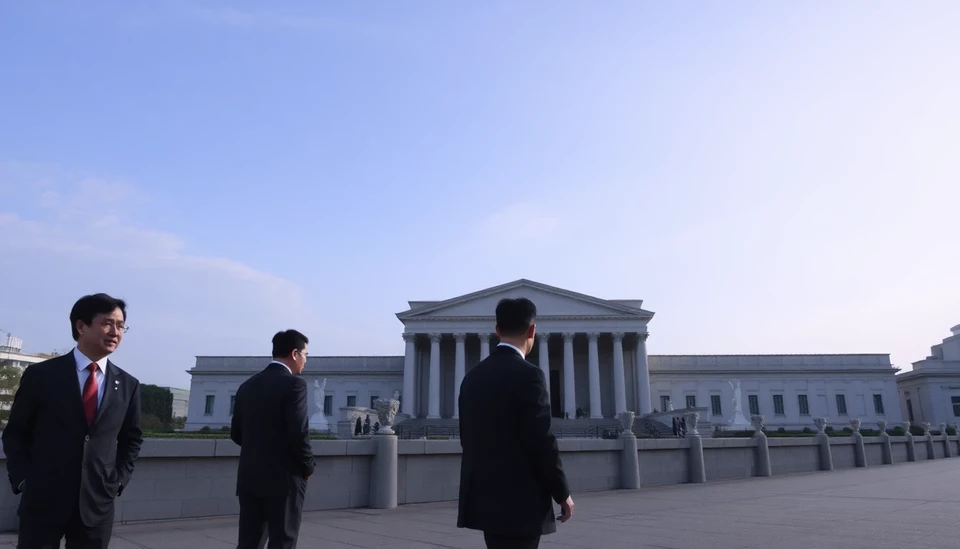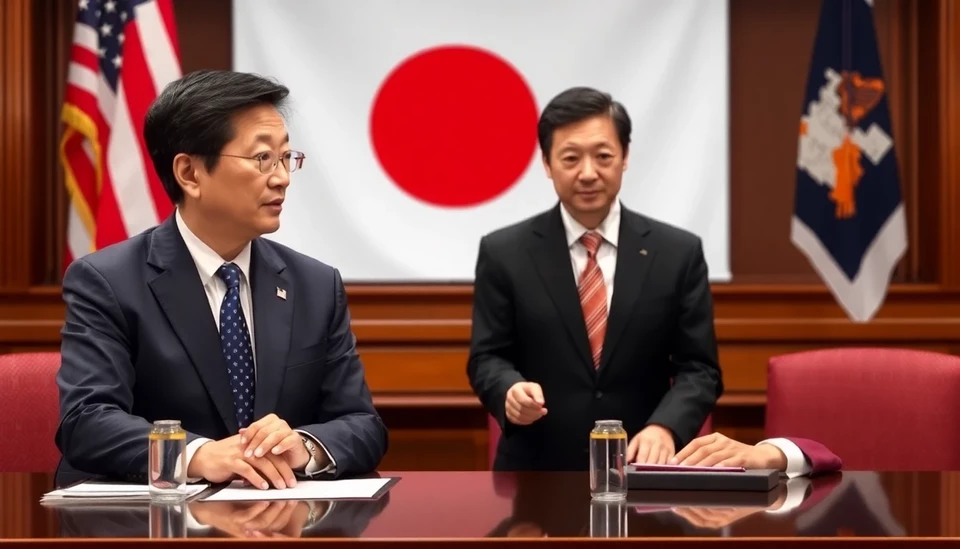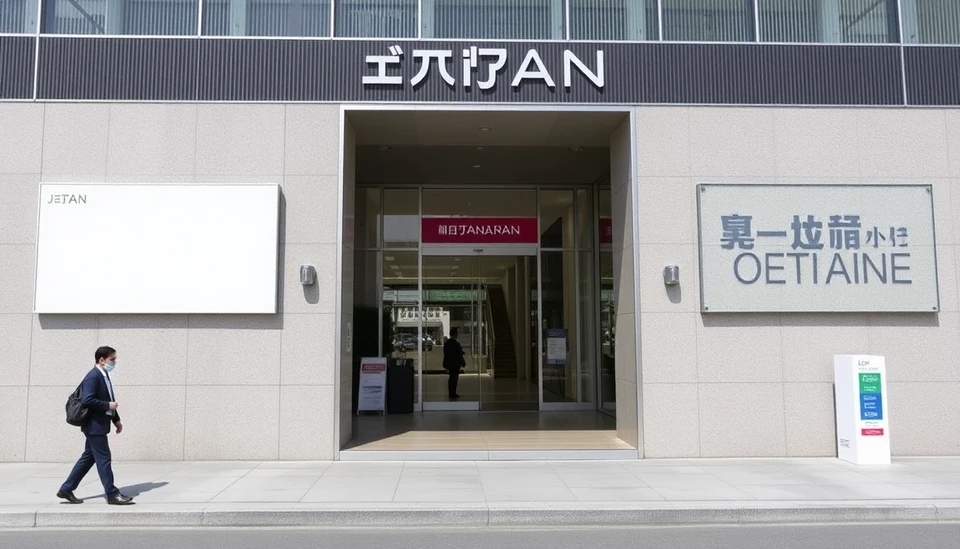
Recent polling data has raised alarms for Japan’s ruling coalition, led by Prime Minister Fumio Kishida, as it shows a notable drop in public support. This decline in favorability could significantly affect the Bank of Japan's (BOJ) approach to monetary policy, particularly concerning interest rates. The shifting sentiments in public opinion come as Japan grapples with various economic challenges, including inflation and global market fluctuations.
As the ruling party struggles to maintain a stable approval rating among the electorate, analysts suggest that Kishida's government may face greater pressure to adopt a more accommodative fiscal policy. This shift could imply a reluctance from the BOJ to raise interest rates, which has been a topic of speculation as the central bank looks to navigate the delicate balance between supporting economic growth and curbing inflation.
According to recent surveys, Kishida’s approval ratings have plummeted, prompting concerns about the stability of the current coalition government. The timing is particularly critical as Japan prepares for a potential shift in monetary policy that could be influenced by public sentiment. The combination of rising living costs and dissatisfaction with the government's handling of the economy has created a challenging political landscape for the Prime Minister.
In light of the declining support, Kishida is likely to face increased scrutiny from both opposition parties and public factions demanding more decisive action on economic matters. The ruling coalition’s ability to respond effectively to services and support amidst inflationary pressures is crucial not only for regaining public confidence but also for the BOJ's future policy direction.
Investors and market analysts are closely monitoring these developments, as they could signal significant shifts in the BOJ’s monetary stance. Speculation is rife regarding whether the central bank will prioritize stabilizing the economy through lower interest rates or take a firmer stance against rising inflation by tightening monetary policy. The answer to this will depend heavily on the political landscape following the adverse polling data, setting the stage for a tumultuous period ahead in Japan’s economic policy.
As we move towards the end of the year, the ruling coalition's trajectory will likely continue to be dictated by its ability to address public concerns while navigating the challenges presented by the international economic climate. The BOJ’s course of action will remain a focal point of interest as stakeholders assess the implications of Japan's economic strategies both domestically and abroad.
In conclusion, Japan's ruling coalition is at a critical crossroads that could reshape the nation's financial landscape. The interplay between political approval and monetary policy decision-making will be essential as the government seeks to restore faith among its constituents while ensuring economic resilience amid global uncertainties.
#Japan #BOJ #InterestRates #Economy #FumioKishida #MonetaryPolicy #CoalitionGovernment #PublicOpinion
Author: Daniel Foster




